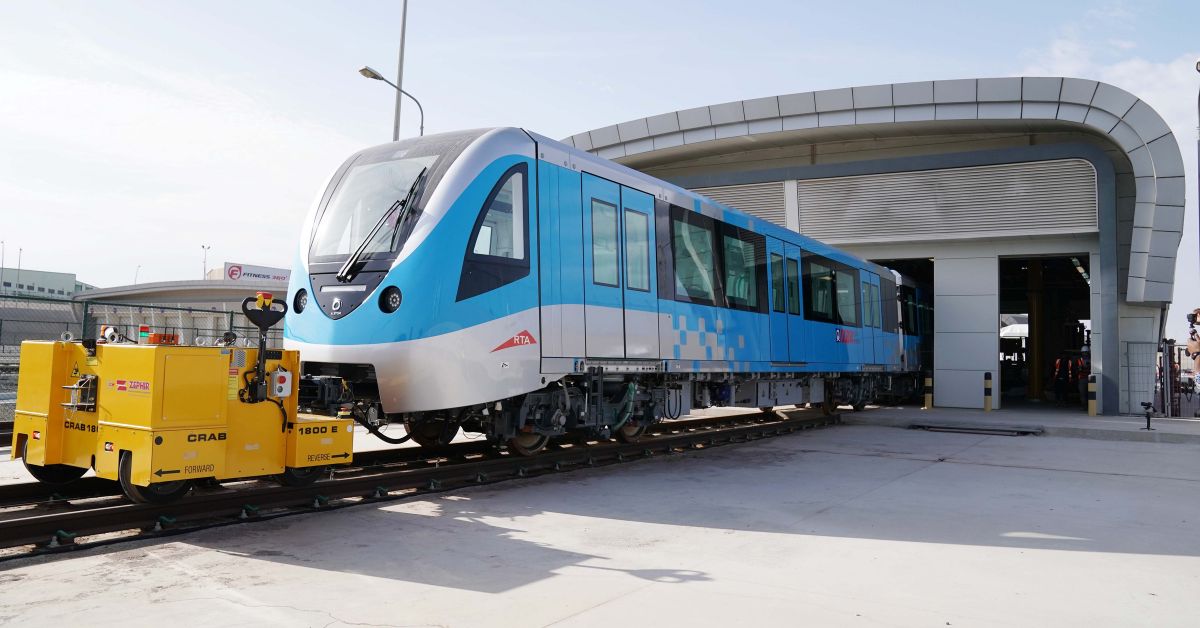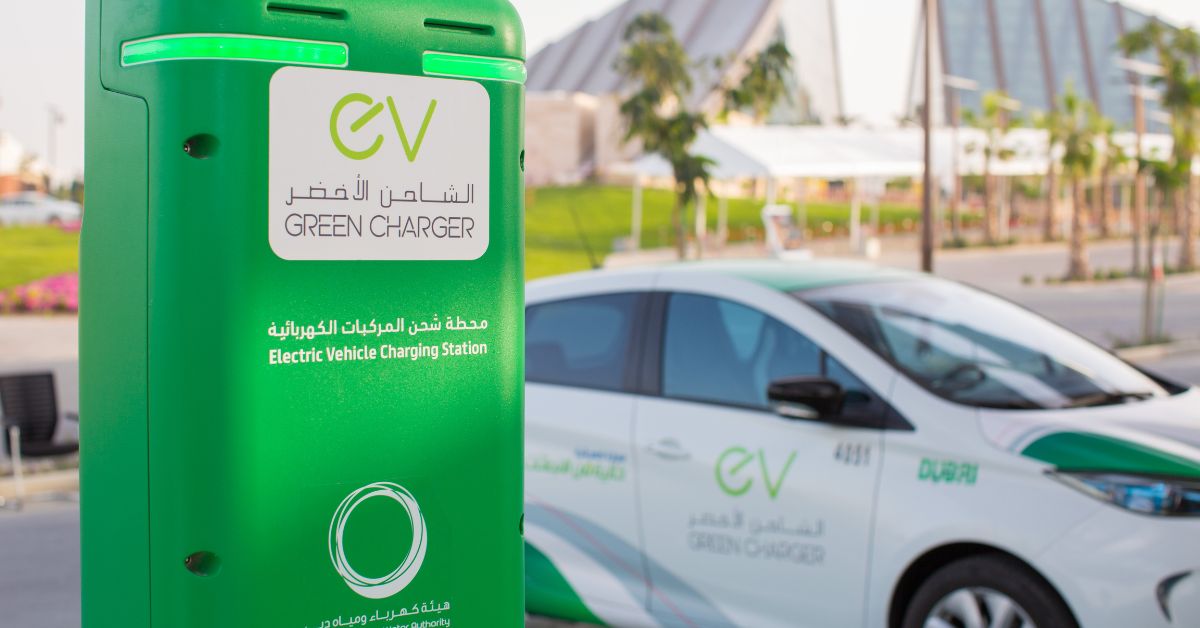DUBAI — In this era of rapid urbanization and technological advancement, urban mobility landscapes are experiencing transformative shifts. In collaboration with the University of California, Berkeley’s Institute of Transportation Studies, Oliver Wyman, a global management consulting firm, recently unveiled its annual Urban Mobility Readiness Index. This comprehensive assessment evaluates the preparedness of 65 global cities for future mobility trends.
Dubai, the vibrant metropolis in the Gulf’s heart, has emerged as a Middle Eastern leader in urban mobility readiness. The Urban Mobility Readiness Index shows that Dubai achieved 28th place globally in 2023, rising a notable five positions since 2021. Sandwiched between Atlanta (27) in the United States and Melbourne (29) in Australia, Dubai’s ascent underscores the city’s dedication to fostering a future-ready mobility ecosystem.
Abu Dhabi, the UAE’s capital, also showed progress, moving up to the 38th spot in 2023, a one-place rise from the previous year. Meanwhile, Doha retained its 41st position, and Riyadh made significant strides by climbing four places to 53rd. The MENA region’s other notable rankings include Cairo at 56th and Casablanca at 59th.
Guillaume Thibault, a partner at Oliver Wyman and co-author of the Index, observed, ‘The transformational projects underway across the GCC, along with the region’s enthusiasm for new technology, suggest that Gulf cities are poised to continue rising in the rankings.’ Thibault highlighted the need to focus on enhancing public transport utilization, improving walkability and cycling routes, and developing electric vehicle infrastructure, given that mobility accounts for 25% of global emissions.
At A Glance Urban Mobility Transformation: Rapid urbanization and technology advancements are reshaping urban mobility landscapes globally. Dubai's Global Ranking: Dubai ranks 28th in the Urban Mobility Readiness Index 2023, climbing five places since 2021, signaling its emergence as a Middle Eastern leader in urban mobility. Other GCC Cities Progress: Abu Dhabi rises to 38th, Doha retains 41st, and Riyadh climbs to 53rd in the index, with Cairo at 56th and Casablanca at 59th. GCC's Technological Embrace: Gulf cities, enthusiastic about new technology, are expected to continue ascending in global urban mobility rankings. Dubai’s Challenges: Despite progress, Dubai faces challenges in increasing EV charging station availability and improving air quality. Sustainable Mobility Focus: Dubai leads in sustainable mobility, ranking 46th in the Sustainable Mobility Sub-Index and 31st globally in public transit. Global Urban Mobility Leaders: Helsinki, Amsterdam, and Stockholm lead the index, excelling in affordable public transport and sustainable urban solutions. GCC's Future Mobility Roadmap: The Urban Mobility Readiness Index provides insights for GCC cities like Dubai to navigate urban mobility complexities and continue their development towards sustainable, intelligent transportation systems.
Challenges
Despite Dubai’s impressive rise in the Urban Mobility Readiness Index, the city faces challenges in urban mobility. As a bustling global hub with a fast-growing population and diverse infrastructure, Dubai is working on increasing electric vehicle (EV) charging station availability and improving air quality.
The growing emphasis on sustainability and reducing carbon footprints calls for strategic incentives for electric vehicle (EV) usage. Addressing air quality concerns is crucial not only for public health but also for meeting global sustainability objectives. Recognizing these challenges is a critical first step in developing targeted solutions that will contribute to Dubai’s continuous rise in global urban mobility readiness.
Sustainable mobility leadership
Dubai stands as a regional leader in sustainable mobility, ranking 46th in the Sustainable Mobility Sub-Index. This ranking, alongside Abu Dhabi’s 48th place, highlights the commitment of UAE cities to environmentally conscious and sustainable transportation practices. Notably, Dubai leads the region in public transit, achieving the 31st position globally, which reflects its commitment to efficient and accessible public transportation.
The global report underscores key trends such as the growth of autonomous vehicles, challenges in shared mobility markets, and the impact of inflation on public transit models. In the Middle East, the ongoing enhancement of public transit performance, challenges posed by active mobility due to regional climate and car dependency, and pilot projects promoting walking and cycling demonstrate a commitment to sustainable transportation modes.
The study pinpoints specific areas for improvement tailored to cities across the GCC. For Dubai, enhancing EV charging station availability and addressing air quality are key focuses. Abu Dhabi, Riyadh, Manama, and Doha could concentrate on EV incentivization and bolstering public transport usage. These targeted improvements are in line with global trends where cities are prioritizing mass transit affordability and encouraging low-carbon alternatives.

Global leaders
Cities that prioritize mass transit affordability and incentivize low-carbon alternatives are leading the Urban Mobility Readiness Index globally. Helsinki tops the list, followed by Amsterdam, Stockholm, San Francisco, Munich, and Singapore.
Helsinki, the capital of Finland, has climbed two spots from last year, boasting one of the world’s most affordable public transport systems. The city’s car-free zones and integrated cycling programs have helped it secure the top position. Amsterdam, Stockholm, and Singapore are also notable for their dedication to sustainable and accessible urban mobility solutions.
As Dubai and other GCC cities navigate the complexities of urban mobility, the Urban Mobility Readiness Index offers valuable insights and a framework for future development. Dubai’s rise in global rankings reflects its commitment to innovation, sustainability, and an inclusive urban mobility ecosystem. By addressing challenges and aligning with global trends, Dubai is well-positioned to continue shaping the future of urban mobility. It sets a benchmark for cities around the world in creating intelligent, sustainable, and future-ready transportation systems.








